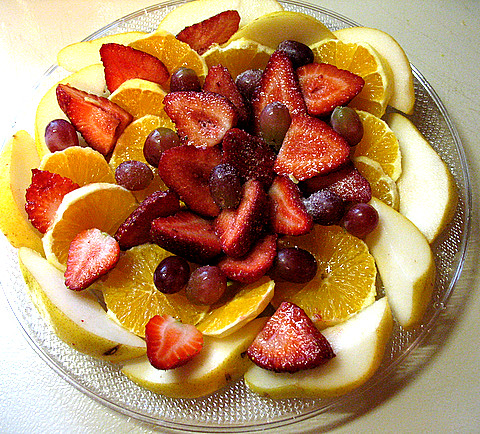At the time they lived in the country in a 4 bedroomed family property with a bit of land near woodland. They had built their dreamhome when I was about 12 and before that had lived in a town. My mother liked her garden and my father liked the idea of playing his music when he wanted without disturbing neighbours. I grew up near the riverbank, planted a small garden and safely went for nature walks in the wood.
At some point something triggered a change of direction. The house was 2.5 miles from the nearest shopping facility and my father's health deteriorated. My mother did not drive and they posed themselves the question how they would manage later on in their lives.
They visited many retirement homes and eventually decided to settle in a university town with plenty going on. They settled for a 2 room apartment ( bedroom and living space) and decided to make the most of the space available by purchasing new furniture. Then they transferred all the things that were precious to them ( very little) and settled in.
But what about the family home?
- First they invited friends to choose what they wanted and needed a little bit like a freecycle open house.
- Secondly they invited acquaintances and other villagers to come and choose what they wanted and needed.
- Then they got a company to clear out the rest of stuff and set about selling the house.
A few months ago, we bought a small cottage where we live in 600 sq feet and the children live above in a similar space. Effectively its a bedroom, kitchen, bathroom and bedroom downstairs, and we are following some of the same principles with the difference that we are far from retirement.
It is certainly not tidy and a work in progress but we only brought with us what we thought we needed. And even then I have established I have far too many serving dishes and crockery.
Instead of having many rooms each room offers an area set up for different activities, whether it be reading, cooking, recycling etc.
The children did the same and left behind a lot of stuff they had outgrown, games, videos etc We each have our own space and common areas such as the kitchen, shower room and living room. Yes it can get crowded but it is also cosy sitting by the fire, enjoying a hot drink and reading or conversing together.
The running costs are lower and we have managed without much central heating so far by lighting the woodburner and the range in the kitchen.
What about the garden?
There is a small front garden full of wildlife and a paved garden at the back of the house which hopefully will in time have enough produce growing in pots.
Life is simple. the owl lives in the big tree, the birds awaken us at dawn and there is a sense of personal peace and contentment as I go about our new home. So far I have not missed many items left behind.



















